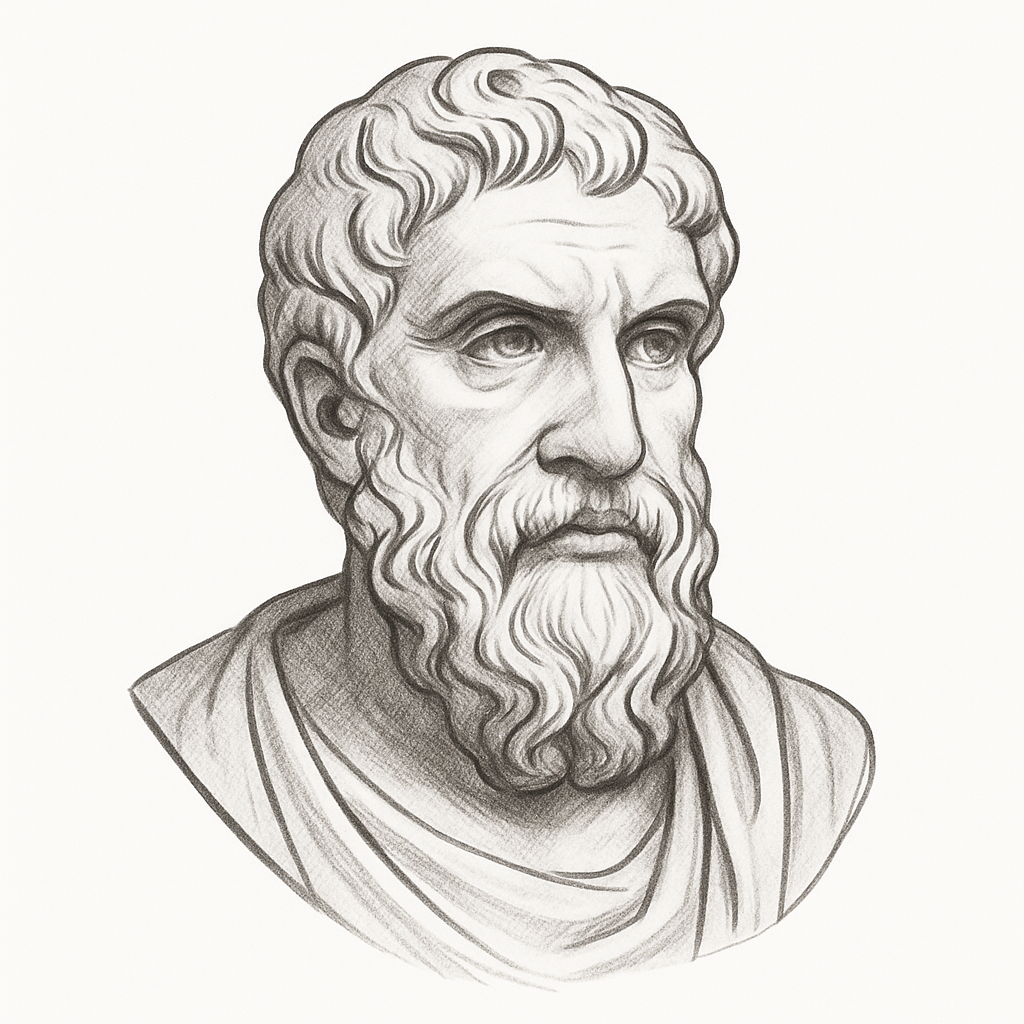The Stoic Approach to Self-Discipline
The Stoic perspective on self-discipline fundamentally centers on internal development and practical application, viewing it as a core aspect of what lies within an individual's control. Rather than being a pursuit for external recognition, self-discipline is framed as a necessary tool for cultivating virtue, aligning one's desires with reason, and achieving genuine self-mastery. This internal focus is crucial for navigating life's challenges and fostering continuous improvement.
The Nature and Purpose of Stoic Self-Discipline
Stoic teachings consistently emphasize that self-discipline is a practice undertaken for one's own benefit and internal character development, not for the admiration or validation of an external audience (Epictetus, The Enchiridion, Chapter 47). It involves a constant striving for self-improvement and discipline, consciously avoiding showy displays of virtue (Marcus Aurelius, Meditations, Book 1). A primary goal of this discipline is to train one's desires to align with reason, often through voluntary hardship (Epictetus, The Discourses, Book 3, Chapter 13). This involves actively pursuing difficult virtues while restraining oneself from easy vices (Seneca, Moral Letters to Lucilius, Chapter 123). Furthermore, inconveniences are reframed not as sources of anger but as opportunities for self-mastery (Seneca, Moral Letters to Lucilius, Chapter 123). This proactive engagement with challenges, focusing on one's own virtuous character rather than the actions of others, is entirely within one's sphere of control and forms the bedrock of Stoic self-discipline (Epictetus, The Enchiridion, Chapter 30).
Tackling Procrastination
The Stoic approach to procrastination is characterized by a strong emphasis on urgency and the immediate application of philosophical principles to one's life. It is asserted that individuals already possess the necessary knowledge for self-improvement and should begin applying it now, without delay (Epictetus, The Enchiridion, Chapter 50). Procrastination in moral improvement is viewed as detrimental, as repeated excuses can weaken one's resolve and lead to the rationalization of faults (Epictetus, The Discourses, Book 2, Chapter 18). The urgency for self-improvement is likened to a dire situation, suggesting one should "Pursue self-improvement with urgency, as if an enemy were at your back" (Seneca, Moral Letters to Lucilius, Chapter 32). This insistence on immediate action underscores the belief that the present moment, and one's response to it, is the only thing truly within one's control for moral progress.
Becoming More Efficient Through Philosophical Application
Efficiency, from a Stoic viewpoint, is achieved through the practical and consistent application of philosophy to guide actions and order one's life. Philosophy is not intended for trivial intellectual puzzles, theoretical exercises, or for criticizing others (Seneca, Moral Letters to Lucilius, Chapter 111). Instead, it serves as a tool for practical self-improvement and moral progress, aiming to make one a better person with each engagement, rather than a passive listener (Seneca, Moral Letters to Lucilius, Chapter 108). This practical application is an exercise of one's controlled faculties. There is also a call for honesty regarding one's own progress, avoiding false claims of mastery that could discredit philosophy itself (Epictetus, The Discourses, Book 3, Chapter 21). The focus remains on what one does with philosophical understanding—its integration into daily conduct—which directly contributes to a more disciplined and effectively managed life.
Key Passages
But what does Socrates say? "As one man," he says, "is pleased with improving his land, another with improving his horse, so I am daily pleased in observing that I am growing better."— The Discourses by Epictetus
Hasten to find me, but hasten to find yourself first. Make progress, and, before all else, endeavour to be consistent with yourself.— Moral Letters to Lucilius by Seneca
Withdraw into yourself, as far as you can. Associate with those who will make a better man of you. Welcome those whom you yourself can improve.— Moral Letters to Lucilius by Seneca
Disclaimer: Article generated using Memento Vivere AI tool, and is grounded solely in the works of Epictetus, Seneca and Marcus Aurelius. For informational purposes only. Not a substitute for professional advice.
